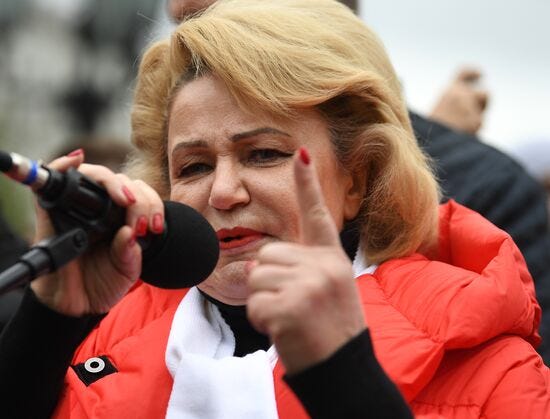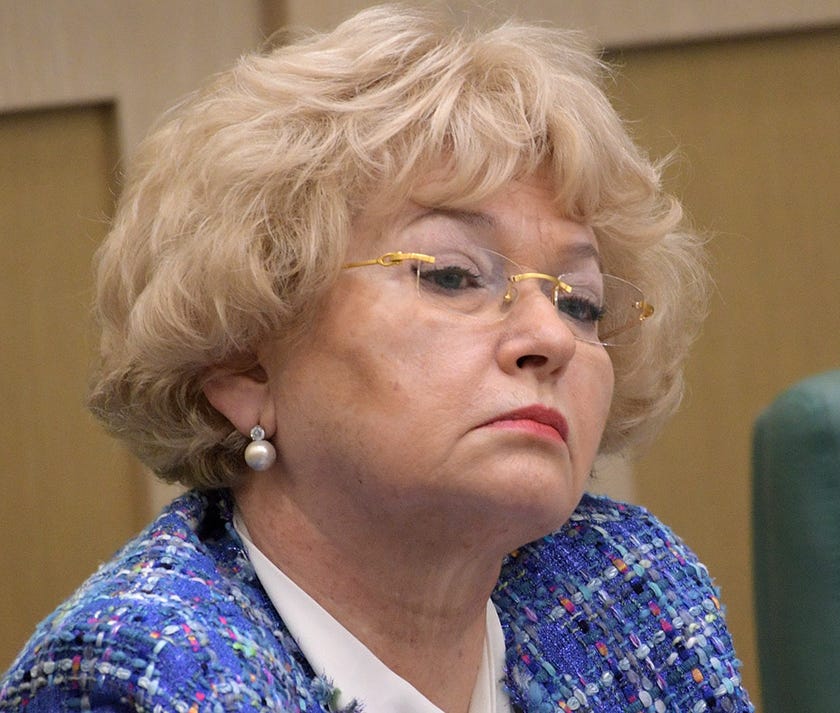A far-reaching law on military registration was rushed through the Federal Assembly

“The law is harsh, but it is the law” — State Duma Speaker Vyacheslav Volodin
Russia’s Federation Council voted on Wednesday to create a unified database for men liable for military service. The newly approved law also legalizes the use of electronic military summonses via the State Services portal, Gosuslugi.
The State Duma unanimously ratified the legislation yesterday after an expedited vote (there was one “accidental” abstention). It now awaits Russian President Vladimir Putin’s signature.
Under the new law, subpoenas sent through Gosuslugi will be considered delivered once they appear in a person’s electronic inbox. Summonses can also be sent via mail or through a person’s employer.

source: Duma.gov.ru
Conscripts as well as reservists can receive electronic subpoenas, although officials insist there are no plans for a second round of mobilization, TASS reported.
The unified registry of military-eligible Russians will include personal information collected from a range of government agencies and institutions. The database will be operational by autumn, according to the Ministry of Digital Development.
The legislation also deprives accused draft evaders of the right to travel or drive a car:
- From the date of receipt of the summons and until the appearance at the military registration and enlistment office, a citizen of the Russian Federation is prohibited from leaving the Russian Federation.
- After receiving a summons in any form, a citizen will be obliged to voluntarily appear at the military commissariat within two weeks.
- If he does not appear, he will be sent a notice informing him that he is banned from leaving the country. The notification can be sent via Gosuslugi or in paper form, either by mail or hand delivery.
- If the person still fails to appear at a military registration office, after 20 days he will be barred from driving a vehicle, buying or selling real estate, and taking out loans.
- Regional authorities will be granted authority to impose further restrictions.
Despite the bill’s profound implications, few lawmakers had a chance to read it, and there was virtually no debate before it flew through the Federal Assembly.
No debate
The bill had already passed its second reading in the State Duma in February, and was awaiting a final vote, when it was reintroduced with extensive revisions on April 6.
But lawmakers weren’t made aware of the new language until the very last minute: The updated text was published just a few hours before it received the blessings of the State Duma, without any discussion, on April 11.
Several deputies from the Communist Party objected to the troubling legislative proceedings.
“The text hasn’t been received yet … [We] haven’t familiarized ourselves with it. It has never happened before in the Duma that we start discussing a bill without seeing the text’s wording,” Deputy Nina Ostanina said before the vote.

КПРФ Deputy Nina Ostanina
“At least pretend that we care about our citizens,” she implored the other deputies, adding that at a minimum, the bill should include deferrals for fathers with multiple children, or children with disabilities.
When her colleague, Nikolai Kolomeitsev, complained that not enough time had been given to review the package of amendments, State Duma Speaker Vyacheslav Volodin replied in Latin: “Dura lex sed lex (the law is harsh, but it is the law)”.
“Why did you become a deputy of the State Duma? To sabotage decisions?” Volodin scolded another lawmaker, Aleksey Kurinny, for suggesting the vote should be postponed.
In the end—and without any debate—not a single deputy voted against the bill, which was then sent to the Federation Council for final approval.
Russia’s senate passed the law on Wednesday afternoon. Senator Lyudmila Narusova, who cast the single opposing vote, criticized the bill’s draconian language and hasty adoption.

Senator Lyudmila Narusova (Tuva)
“Let’s not be deceitful, we all understand what this law is aimed at,” Narusova told her colleagues.
The Kremlin has expressed support for the legislation.
Presidential spokesman Dmitry Peskov said on Tuesday that the “special military operation” in Ukraine had revealed the need to “modernize” Russia’s military registration system.
“We need to improve [the system], we need to digitize [it] so that it becomes really understandable, fast, informative and easy for all citizens,” Peskov told reporters.
Another dangerous precedent
The hasty, secretive adoption of this law closely resembles the legislative tactics used to push through Russia’s Unified Biometric System (UBS) at the end of December.
Like the “modernization” of Russia’s military registration system, UBS was rushed through the State Duma, out-running objections from the public.
Curiously, the UBS law was also subjected to last-minute amendments that were published only hours before they were voted on.
To avoid a repeat of the humiliating defeat of the national QR code system (publicly endorsed by Putin), it seems the Russian government has developed a new strategy: Don’t give anyone—not even lawmakers—the opportunity to ask questions.
Source – https://edwardslavsquat.substack.com/p/digitalization-without-representation
